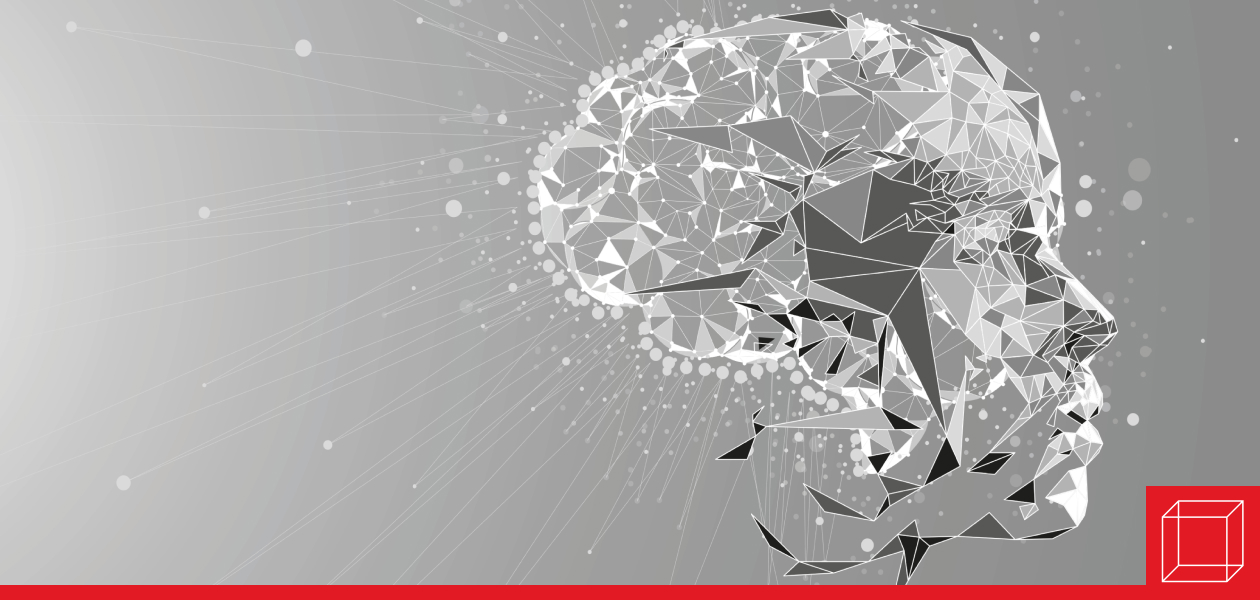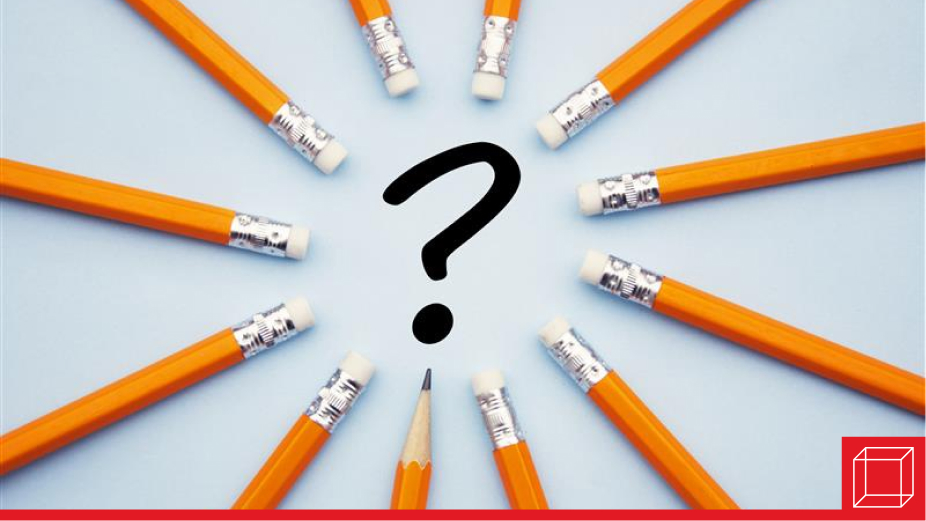Critical Thinking in an AI-Obsessed World
Discover the importance of durable soft skills, from critical thinking to creativity, and how they safeguard long-term success in an AI-driven workplace.

Given society’s current focus on everything AI, it has become quite difficult for students and ultimately future workers in our digital age to know which skills to develop and cultivate. Add in the rapid pace of change, where new skills (e.g., prompting, AI literacy, data analysis) are seemingly being touted and then abandoned with increasing fervor by hiring organizations. So, what are aspiring future employees to do? Which skills are truly durable and will stand the test of time rather than simply fading out with the latest tech bubble or meme stock?
Skills First Future, powered by the Society for Human Resource Management Foundation (2025), is one of the premier organizations that highlights the importance of durable skills, such as decision-making, resilience, and critical thinking. Their mission is at the forefront of joining the skills-based hiring movement with employers and academia to codify what credentials will benefit workers most in an increasingly digital (and AI-obsessed) world.
Surprisingly, most of the items listed are not technical or technology-related competencies but are instead human-native traits that we typically associate with people skills. Durable skills, also known as “soft skills,” are long-lasting abilities that can be applied across diverse jobs and industries (SHRM, 2025). Communication, negotiation, emotional intelligence, creativity, and critical thinking are all examples of durable skills.
Critical Thinking and Cognitive Offloading
Critical thinking is defined as the ability to analyze facts to form a judgment and subsequently make informed decisions (SHRM, 2025). Recent research on this topic has shown that AI is lowering our ability to think critically. For example, a study by Gerlich (2025) at SBS Swiss Business School revealed that an over-reliance on AI tools may be reducing critical thinking abilities in humans due to cognitive offloading. Cognitive offloading is the concept that we can minimize mental effort by delegating our thinking to a highly efficient tool. It is a natural tendency for humans to want to reduce their thinking workload when they have access to a tool that can do this for them efficiently. However, research may show that doing so repeatedly causes cognitive atrophy, much like when a muscle that isn’t being used shrinks.
Critical Thinking May Be in Short Supply and High Demand
Out of 26 identified core skills needed to succeed in the modern workplace by 2025, “analytical thinking” and “creative thinking” ranked first and fourth, respectively, in the World Economic Forum’s Future of Jobs Report (2025). According to the data, analytical thinking remains the top core skill for employers, with seven out of ten companies considering it essential (World Economic Forum, 2025). Despite the risk of cognitive decline associated with AI, research shows that there are ways to intervene and promote critical thinking through continuous learning.
Think Critically to Avoid Offloading
Circling back to the definition from above, we can break down critical thinking into three distinct parts: analyzing facts, forming a judgment, and making an informed decision. While tools like AI can be immensely useful in the process of examining facts, for example, our human reasoning must kick in when we form a judgment and decide what action(s) to take. AI can and should inform us, but should it be allowed to create our judgments about a particular issue or make decisions on our behalf? Some people may have decided to offload thinking to an entity/system because it’s easier in the short term, but it may ultimately cost them the ability to solve problems in the long term. Continuing to learn (i.e., lifelong learning) stretches our critical thinking muscles, so to speak, enhancing what we can accomplish alongside AI and analytical tools.
Reflection Questions:
- Can you describe a recent situation in which you had to engage in critical thinking?
- Consider a moment where you were tempted to participate in cognitive offloading (cheat, look for a shortcut, etc.). Might there be times when cognitive offloading is acceptable? How about times when it’s not?
- What practical steps can you take to prevent yourself from becoming a less critical thinker due to cognitive atrophy?
Gerlich, M. (2025). AI Tools in Society: Impacts on Cognitive Offloading and the Future of Critical Thinking. Societies, 15(1), 6. https://doi.org/10.3390/soc15010006
Society for Human Resource Management Foundation. (2025). Skills First Future. https://www.shrm.org/foundation/skills-first-future
World Economic Forum. (2025). Future of Jobs Report 2025. https://reports.weforum.org/docs/WEF_Future_of_Jobs_Report_2025.pdf



